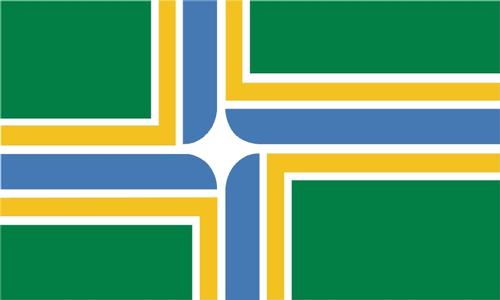Tips for Finding the Right Treatment for You or a Loved One
If you or someone you love has a drug, alcohol or mental health problem and needs treatment, it is important to know that no single treatment approach is appropriate for all individuals. Finding the right treatment provider involves careful consideration of such things as the setting, length of care, cost, and philosophical approach to address your loved one’s needs. This site should prove to be a comprehensive tool to help you find help at whatever level your loved one needs.
Here are some questions to ask as you search for a treatment provider:
- Does the provider accept your insurance? If not, do they work on a sliding scale for cash clients? Do they offer payment plans?
- Are they licensed and/or accredited by a state agency or regulatory board?
- Does the program encompass the full range of needs of the individual, i.e. medical, psychiatric, social, vocational, legal, etc.?
- Is long-term aftercare support provided and maintained? If not, do they have adjunct programs that they could recommend?
- Is there an ongoing assessment of the individual’s treatment plan? Will there be accountability for setting and meeting goals while in treatment?
- What do they do when a client is struggling to stay engaged in treatment? In a residential setting, how do they keep a client from discharging early?
- Is the staff in recovery themselves? Do they have personal experience or academic knowledge of the recovery process?
- In a residential setting, is medication management as part of the provided services? Do they both prescribe and dispense medication?
- Is there a family component to the treatment program? What is required of the family/loves ones while the client is in treatment?
Financial Concerns
If there are little or no financial resources and/or no health insurance there are still options to receive help go to http://findtreatment.samhsa.gov/ to locate a program in your area.






